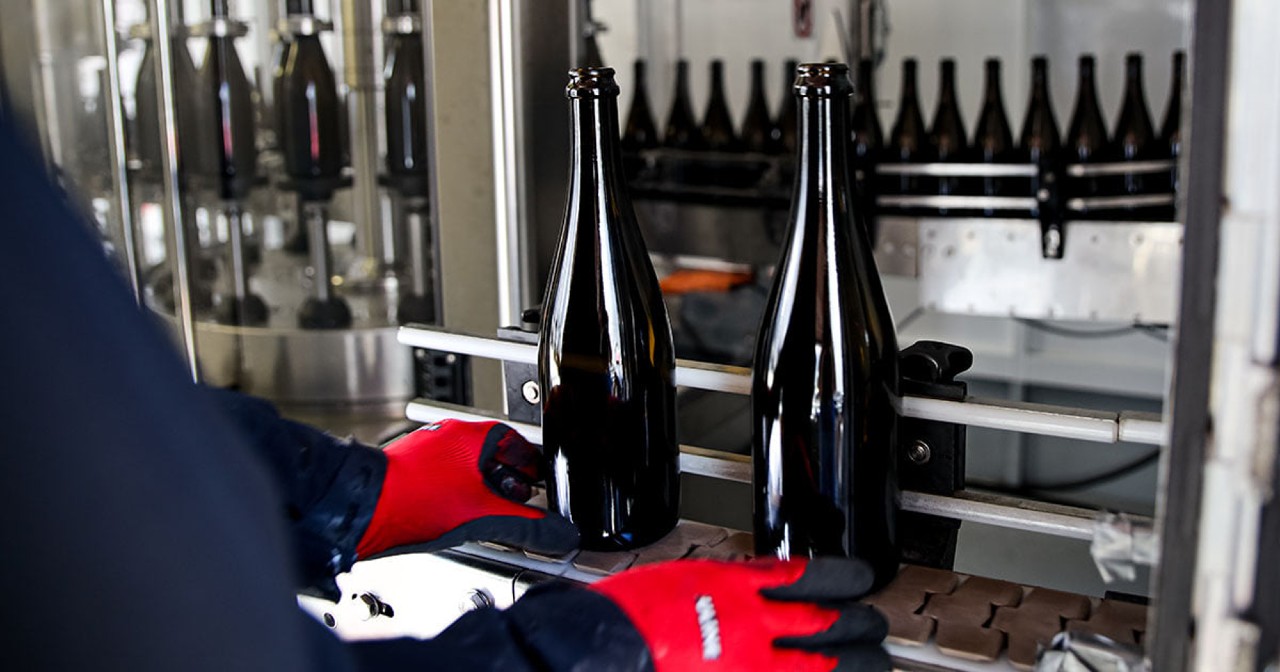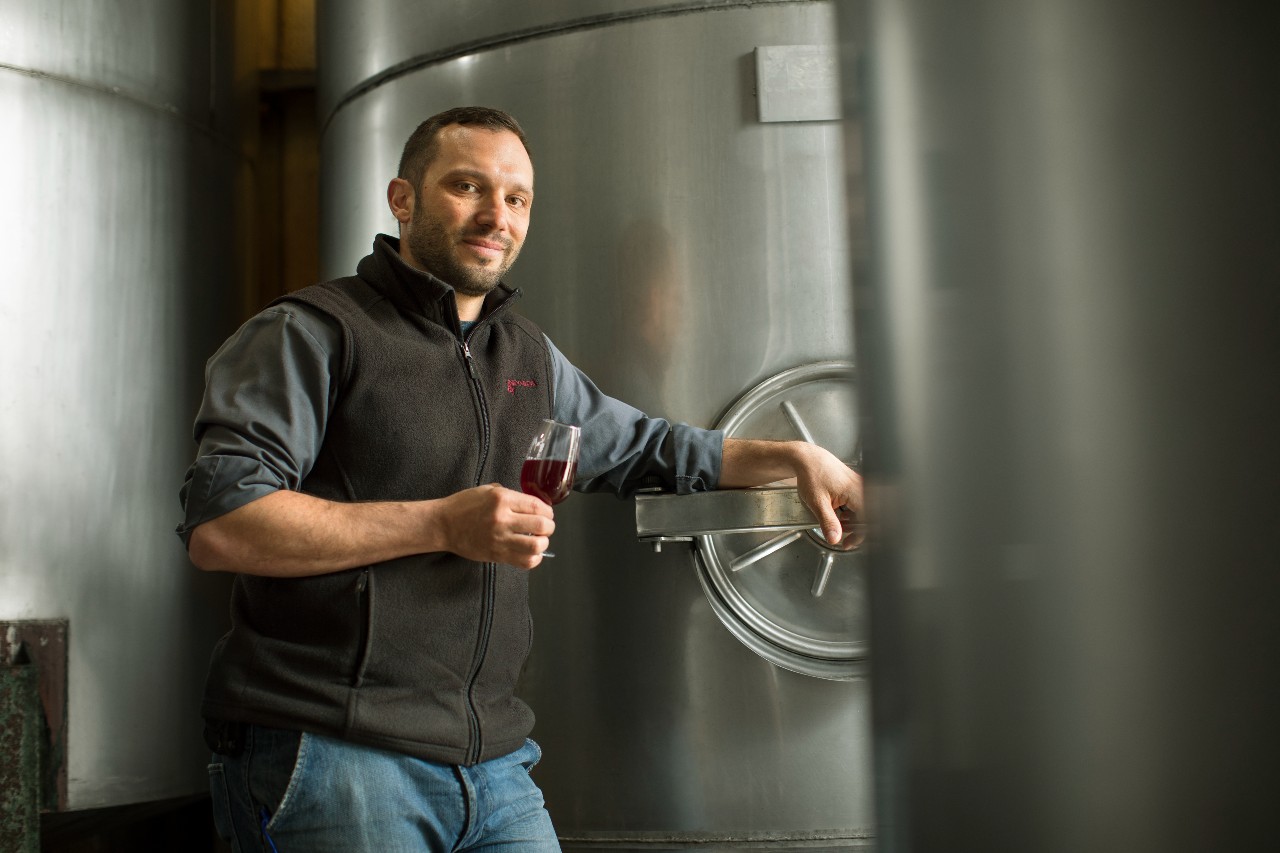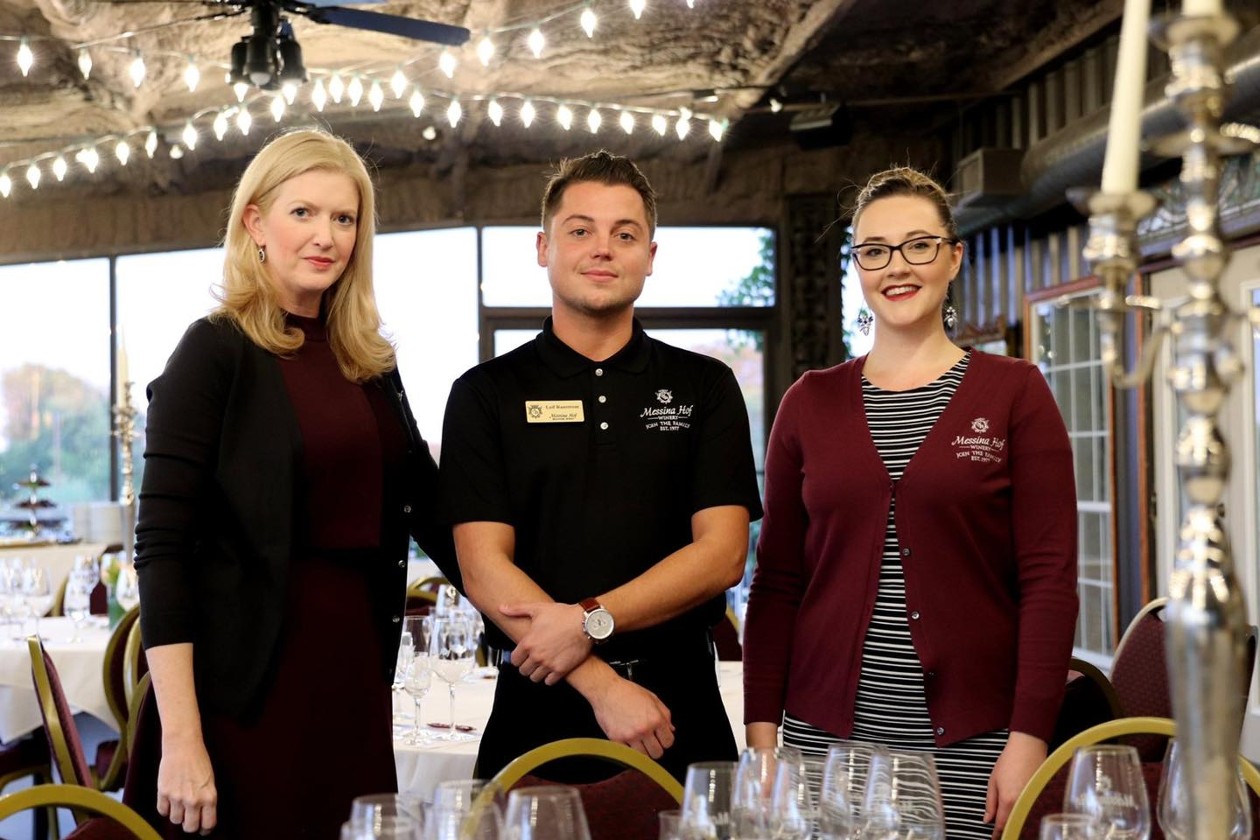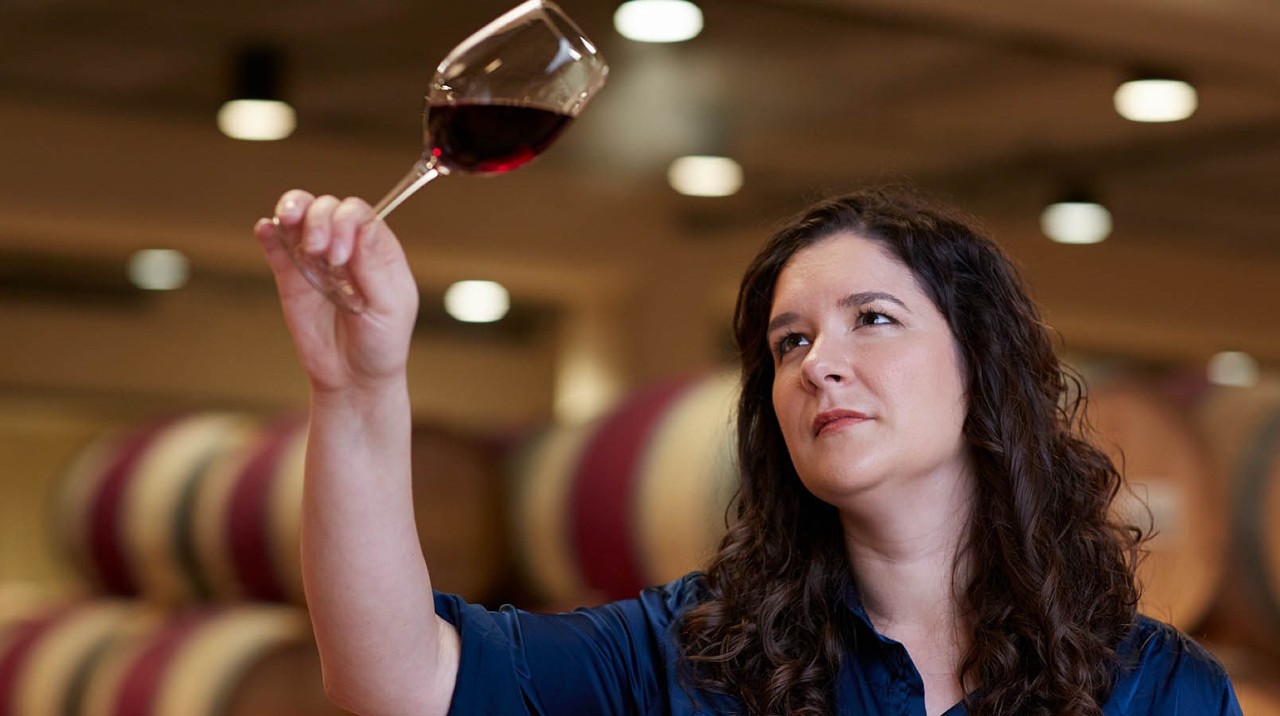There are various ways to raise money to start a wine-oriented business, and being a publicly traded company is one way to jump start your growth and fund capital improvements.
Willamette Valley Vineyards has been publicly traded since its inception in 1983, when founder Jim Bernau — armed with a dream and a few lengths of garden hose — was ready to start a winery but lacked the cash to do so.
“He didn’t have money or a bank that believed in his idea for an investment,” said Christine Clair, Winery Director of Willamette Valley Vineyards. “He did the first underwritten public stock offering and it was just traded on the pink sheets at the time.”
Here are three ways being publicly traded has helped wineries grow.
Expanding facilities and operations
Willamette Valley Vineyards is expanding the restaurant side of its business, and launched a $10.7 million public offering in June to secure the funding for the project.
Over the next couple of years, it plans to build four signature restaurants with menus that showcase their wines and complementary cuisines, expanding their audience in those communities as well as giving their current customers another avenue to access their wines.
Making capital improvements
Vintage WIne Estates, Girard Winery’s parent company, went public earlier this year.
Making capital improvements that are sustainability focused are among the reasons the company pursued that course of action.
“We’ve put a lot of capital investment into this property,” Girard Head Winemaker Glenn Hugo said. “We’ve done a lot of small, detail-oriented things to help us with conservation. We have smart doors that are remote controlled and have sensors to prevent the loss of cooling and humidification. And we’ve added the practice of using night air here. It’s in the 40s and 50s at night, so we pull air through our fans instead of using the air conditioning. It will hold the temperature (without AC) until late morning or early afternoon.”
Ensuring continuity
Clair has been tabbed as Bernau’s eventual successor when he decides the time has come to step down, and the company has continued to build its management team so that it can continue building and evolving.
Working to serve Willamette Valley Vineyards’ shareholder-ownership model is one way Clair said the company can continue to meet its goal of remaining independent rather than eventually absorbed by another company.
“With wine enthusiast consumers and owners, we can be a very strong company that can go on for centuries with this model and not have that scenario that some publicly held companies have where they get bought by a big conglomerate,” she said.








Be the first to comment